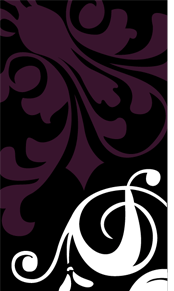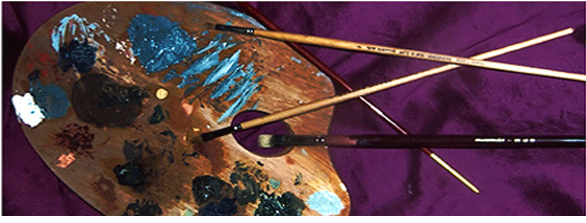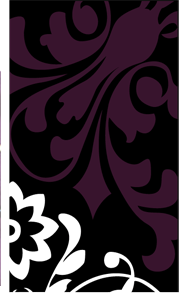Click on the image for price and size details.
|
| Click Page Number to see more : 1
|
Edgar Degas(1834-1917)Was born in Paris of a wealthy family. Degas studied at the Ecole des
Beaux-Arts under a pupil of Ingres, whom he knew and greatly admired. Degas’s
early works - family portraits and some history pictures ­suggest that he
was to develop into an academic painter in the Ingres tradition. By the late
1860s, however, Degas had begun to develop a deceptively casual composition,
probably influenced by Manet and possibly also by Whistler, and certainly by
snapshot photography. Degas knew Manet well, as he did Bazille, Berthe Morisot
and Tissot, and was a frequent member of the circle which gathered round Manet,
where he also met Fantin-Latour, Renoir, Cezanne, Monet, Sisley and Pissarro.
During the Franco-Prussian War he remained in Paris and in 1872-3 he visited
relations in New Orleans. There Degas painted only a few pictures, but these -
and those executed after his return to Paris - show him using unusual viewpoints
and purely contemporary subject matter, e.g. the Cotton Exchange in New Orleans.
He ceased exhibiting at the Salon in 1870, and in 1874 Degas took part in the
first Impressionist Exhibition, as he did in six of the subsequent seven. His
works could only be seen in public at these group exhibitions, always received
with hostility and ridicule.
Degas’s first pictures of dancers were painted about 1873, and from then on
ballet girls, laundresses, models dressing and bathing, and cabaret singers
became his principal subjects. He recorded the manners and movements of a
society which he observed almost as if it were another world, treating the
figures as the material of his investigations into light, color and form, as
much as the paint he used.
Degas’s famous oil paintings include:
- At the Race Course
- The Dance Foyer at the Opera
- The Dancing Class
- L'Absinthe
- The Millernery Shop
- A Carriage at the Races
- The Cotton Market, New Orleans
- Jockeys
|




